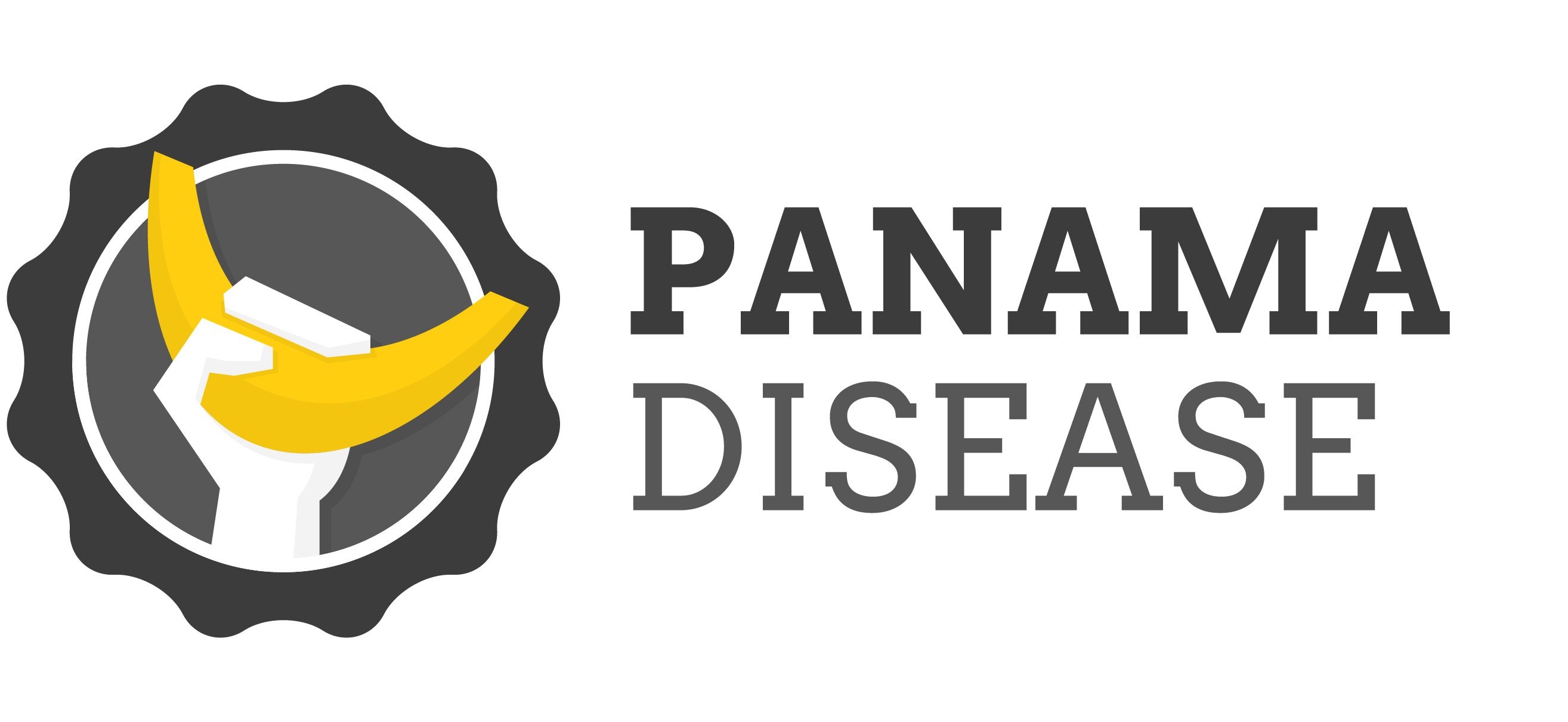Securing the future of the UK’s favourite fruit
The British Biotechnology and Biological Sciences Research Council (BBSRC) granted a project to the University of Exeter on “Securing the future of the UK’s favourite fruit”. The UK is highly dependent on imported fruit and vegetables that make up eighty per cent of the market, compared with half of cereals and one sixth of meat and dairy produce. Yet, fruit and vegetables are a key component of a healthy diet, often overlooked in studies of global food security that tend to focus on the major grains. Reliance on imports makes the UK vulnerable to instabilities in international production and supply, placing the issue of resilience of the UK food system firmly in a global context. This vulnerability is epitomized by the banana, the most popular fruit in the UK by consumption, and the most important fruit in the world by production. More than five billion bananas are purchased in Britain each year, and the UK accounts for seven per cent of the global export market. Though hundreds of banana varieties are grown around the world for domestic consumption, only one variety, Cavendish, is internationally traded. The previous export variety, Gros Michel, was eliminated by Panama Disease (Fusarium oxysporum f. sp. cubense) in the 1950s, and now a new virulent strain, Tropical Race 4 (TR4), is emerging from Asia to threaten Cavendish. No alternative tradable varieties are available, and no chemical disease controls exist. The vulnerability of the banana trade is an extreme case of the more general issue of imported crops that are vulnerable to emerging pests and diseases.
However, the banana remains under-researched compared with the major crops, there has been little academic analysis of the resilie
nce of the banana trade nor development of mitigation strategies to maintain supply or manage the impact of sudden catastrophe. In this multidisciplinary research programme, the UN FAO World Banana Forum (WBF) will collate detailed data on production levels, disease impacts, and mitigation methods. In this project patterns, trends and drivers of banana production, including pests, diseases, management, and climate, will be analyzed to provide robust models of production and how this could vary in the future as diseases spread and the climate changes. Wageningen University and Research will test a new antifungal compound against TR4, to determine whether chemical control could mitigate production impacts while alternative resistant varieties remain under development.
In addition, an economic model will be developed that characterizes the main features of the UK value chain, forming the basis for assessing the price transmission impacts following shocks in upstream markets and, by extension, the impact on UK consumers and the responses by UK food retailers and other market intermediaries. The theoretical framework will be calibrated and simulates the impact of projected production shocks in exporting countries on UK consumers, and derives the welfare impact for participants at each stage of the value chain.
The banana market is politically sensitive, and over the past decade the price of bananas in the UK has declined, while production costs have increased, placing pressure on producers. Via the WBF, the UK charity Banana Link and the food sector consultancy 3Keel the UK retail sector will be engaged along with other stakeholders in rigorous key informant analysis of potential responses to vulnerabilities in the sector, impacts of prices rises on the UK consumer, feedbacks to producers, and strategies to improve resilience to production shocks. The projects’ goal is to secure the future of the UK’s favourite fruit, and provide a case study for improving the resilience of other vulnerable imported commodities.
See also: the BBSRC flyer about this research



Recent Comments